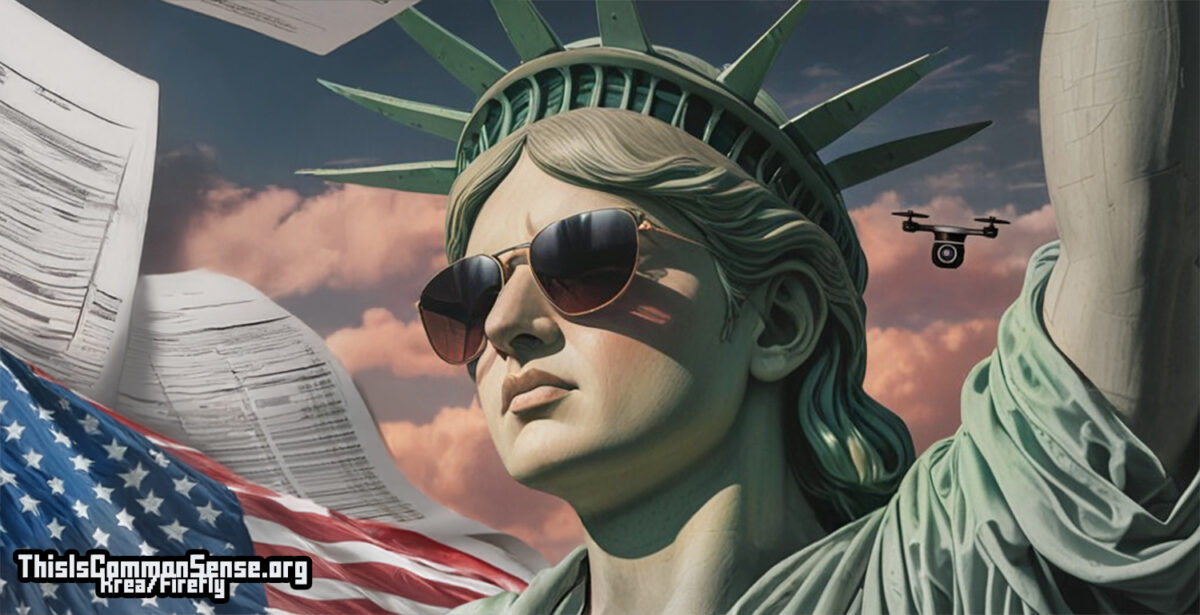It’s “bad-penny” time in the Maine legislature, as in “back like a”: a bill threatening the privacy of political donors.
LD951, introduced and foiled in the previous session, would force nonprofit organizations that take a position on policy measures “to not only report their donors, but their donors’ donors,” which Philanthropy Roundtable compares to legislation in Arizona that did become law — a law now being challenged in court.
Like Arizona’s law, LD951 would impose cumbersome regulations and steep fines while obstructing free speech and free association. The obviously intended result being for nonprofits to not take such positions.
According to LD951, the public has a “compelling interest” in knowing who political donors are; otherwise, how can voters “make informed decisions and hold elected officials accountable”?
This is one of those vague dicta that melts into a puddle when you try to think about it.
Say you’re a 2024 voter deciding between Harris and Trump. Before you can decide, must you know who is donating to each campaign, name by name, and ponder those names before you can possibly.… No?
Last I checked, you can indeed assess views, character, programs, competence even without an exhaustive review of donor lists.
Meanwhile, donors, and donors to donors, often have a compelling interest in anonymity. Not because they’re ashamed of their political commitment but because they know that there are wackos out there ready to hound people because of what they believe in.
The insanos might even scrawl Nazi symbols on — or even set ablaze — their automobiles!
The people willing to be public punching bags? They are called candidates. Others may prefer to remain behind the scenes.
This is Common Sense. I’m Paul Jacob.
Illustration created with Krea and Firefly
—
See all recent commentary
(simplified and organized)

1 reply on “What’s Really at Stake in Maine”
The directly valued contribution to a candidate is a vote. If the names of contributors of other sorts ought to be exposed, then surely the names of voters ought to be exposed. If the names of voters ought not to be involuntarily exposed, then the names of other contributors ought likewise to be protected.
(Of course, just as each of us can choose to reveal those to whom we contribute a vote — or, as in my case, those to whom we refuse to contribute a vote — each of us can choose to reveal those to whom we give contributions of other sorts. And a candidate could choose to decline secret contributions.)